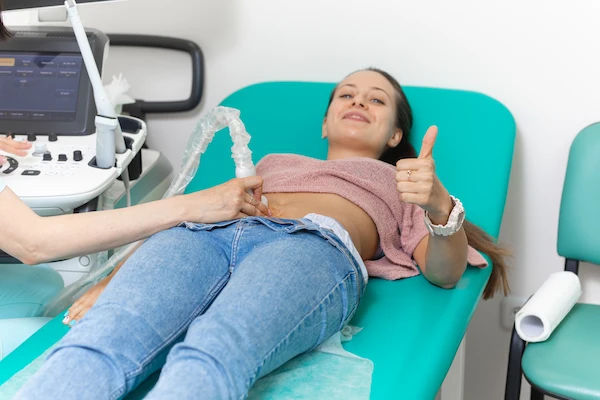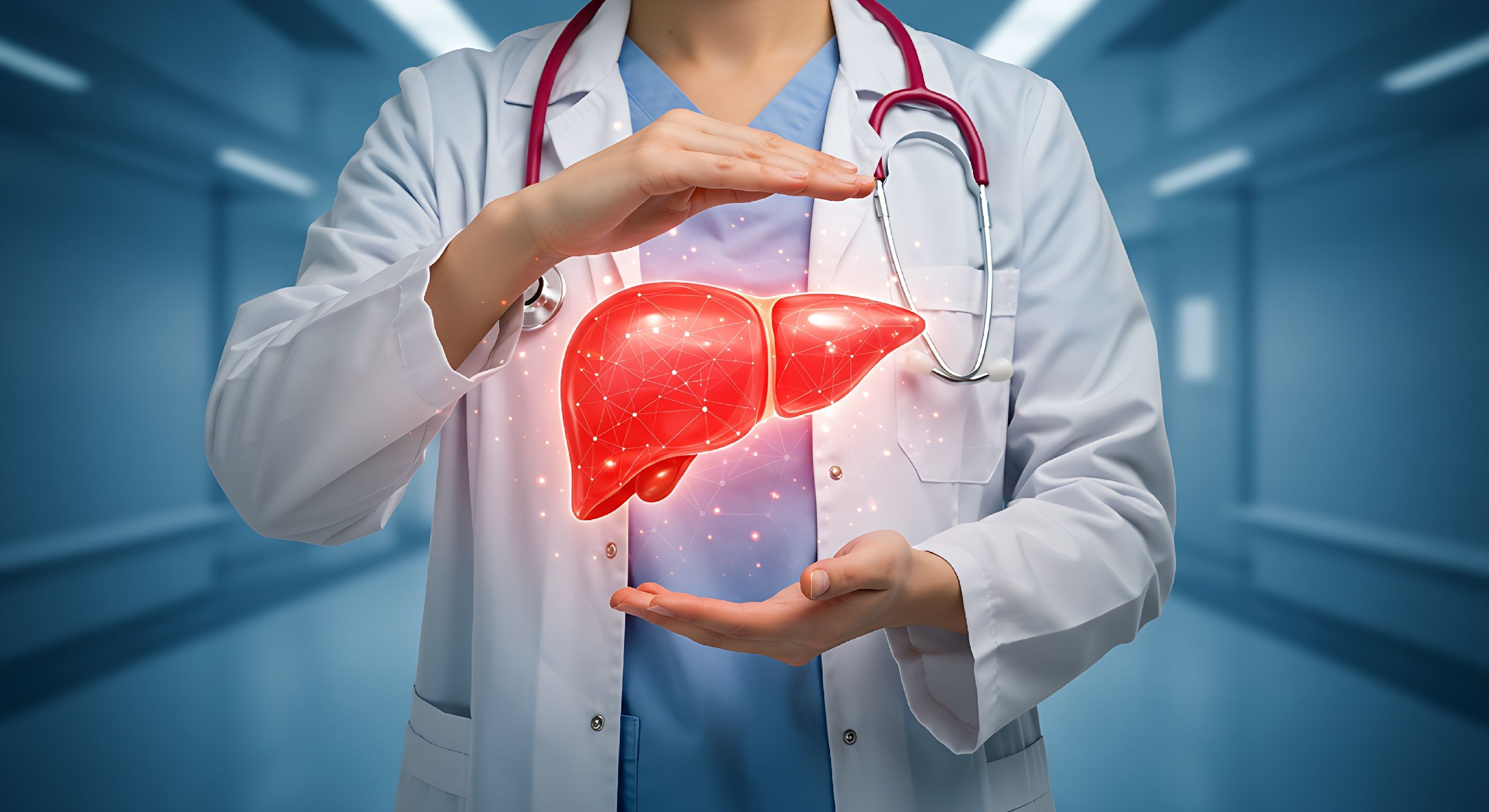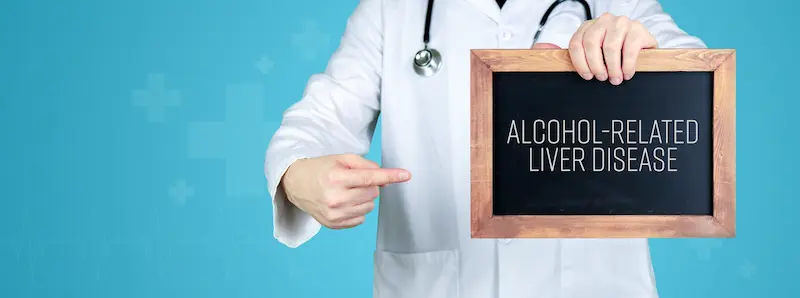Your Liver's Report Card: Signs Of Healthy vs. Damaged Liver
Know about the liver's health, signs of a healthy liver, unhealthy or diseased liver and an action plan for maintaining good liver health.

Written by Dr. Mohammed Kamran
Reviewed by Dr. J T Hema Pratima MBBS, Fellowship in Diabetes Mellitus
Last updated on 13th Jan, 2026
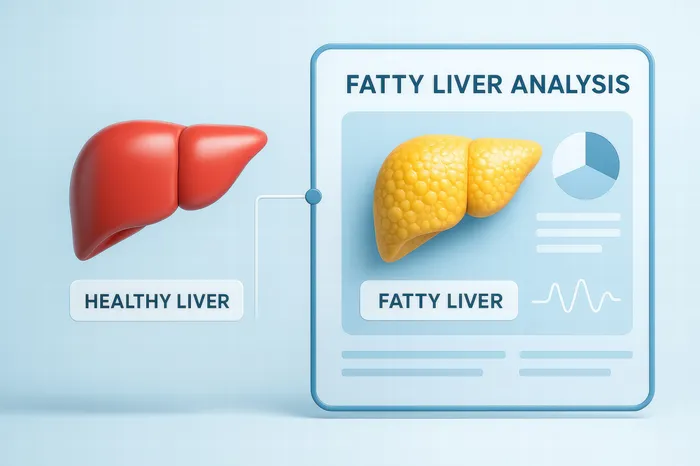
Introduction
Your liver is your body's ultimate multitasker, performing over 500 vital functions silently in the background. But because it's so resilient, it often doesn't cry out for help until it's significantly damaged. How can you tell if your lifestyle is supporting this crucial organ or silently harming it? This article decodes the signals. We'll explore the positive signs that indicate you're marching towards a healthy liver and the critical warning signs of liver damage you should never ignore. By understanding this "report card," you can take proactive steps to protect your long-term health.
Understanding Your Liver: The Body's Silent Powerhouse
Before we dive into the signs, it's essential to appreciate what your liver does. Think of it as your body's main processing plant, central warehouse, and detoxification centre all rolled into one.
Consult a Top General Practitioner for Personalised Advice
What Does Your Liver Actually Do?
This incredible organ is responsible for filtering toxins from your blood, producing bile to digest fats, storing vitamins and iron, converting stored sugar into usable energy, and regulating blood clotting. Its ability to regenerate is remarkable, but this shouldn't be taken for granted. Constant abuse can lead to scar tissue (cirrhosis), which impairs its function permanently.
The Green Flags: Positive Signs Your Liver is Thriving
When your liver is functioning optimally, it reflects in your overall well-being. Here are the positive indicators that your habits are supporting your liver health.
Consistent Energy Levels Throughout the Day
A healthy liver efficiently manages your glucose (sugar) storage and release. This means stable energy levels without the dramatic crashes and cravings often associated with poor metabolic health. If you wake up feeling refreshed and maintain steady energy until bedtime, it’s a great sign that your liver function is on point.
Healthy Digestion and Regular Bowel Movements
Your liver produces bile, a substance essential for breaking down dietary fats. When bile production is robust, you experience comfortable digestion without bloating, gas, or discomfort after meals. Regular, well-formed bowel movements also indicate that your body is effectively processing and eliminating waste.
Clear Skin and Bright Eyes
Your skin and eyes are windows to your liver's health. A well-functioning liver effectively filters out impurities. This results in clear, vibrant skin and bright, white eyes—the opposite of the yellowing seen in jaundice. Healthy liver activity contributes to a natural, healthy glow.
Stable Body Weight and Healthy Metabolism
The liver plays a central role in metabolising fats, proteins, and carbohydrates. If you find it relatively easy to maintain a healthy weight without extreme effort, it suggests your liver is efficiently managing your metabolism. This is a key sign you are marching towards a healthy liver.
The Red Flags: Warning Signs of a Struggling Liver
Unlike the subtle positive signs, symptoms of liver damage can be more pronounced, though early stages are often missed. Recognising these signs of liver damage is crucial for early intervention.
Early Signs You Might Ignore
The initial symptoms are often vague and easily attributed to stress or a busy lifestyle.
Persistent Fatigue and Brain Fog: This isn't ordinary tiredness. It's a deep, unshakable exhaustion that rest doesn't fix. When the liver is overwhelmed, it can't store glycogen effectively, leading to low energy. A buildup of toxins like ammonia in the bloodstream can also directly affect brain function, causing confusion and difficulty concentrating.
Digestive Discomfort: Bloating, Gas, and Loss of Appetite: Impaired bile production leads to poor fat digestion, causing bloating and constipation. You may also experience a loss of appetite or nausea, particularly when thinking about fatty foods.
More Advanced Symptoms That Demand Attention
If the liver continues to be damaged, symptoms become more specific and severe.
Jaundice: The Yellow Alert
This is the most classic sign. Jaundice causes a yellowing of the skin and the whites of the eyes. It occurs when the liver cannot process bilirubin, a yellow pigment formed by the breakdown of old red blood cells. If you notice jaundice, consult a doctor online with Apollo24|7 for further evaluation immediately.
Abdominal Pain and Swelling
Pain in the upper right abdomen, where the liver is located, can indicate inflammation or swelling. Advanced liver disease can cause ascites—a buildup of fluid in the abdomen that leads to significant swelling.
Changes in Urine and Stool
Dark, tea-colored urine can indicate excess bilirubin is being excreted by the kidneys. Conversely, pale, clay-colored stool suggests a lack of bilirubin reaching the intestines due to a bile duct blockage.
Your Action Plan: Marching Towards a Healthier Liver
The good news is that the liver has an incredible ability to heal itself if given the right support. Here’s your action plan.
Dietary Changes for Liver Support
Focus on a whole-foods, plant-heavy diet. Incorporate foods to repair your liver like leafy greens, cruciferous vegetables (broccoli, cauliflower), berries, and nuts. Coffee, in moderation, has been shown to have protective effects against liver disease. Most importantly, limit processed foods, sugary drinks, and saturated fats.
Lifestyle Tweaks for Lasting Liver Health
Limit Alcohol: This is the single most important change for most people. Give your liver a break by moderating or eliminating alcohol consumption.
Maintain a Healthy Weight: Excess weight, particularly visceral fat, is a primary driver of Non-Alcoholic Fatty Liver Disease (NAFLD). Regular exercise is key.
Use Medications Wisely: Always follow dosage instructions, as many medications, including over-the-counter pain relievers, are processed by the liver.
The Importance of Regular Check-ups
Don't wait for symptoms. Can liver damage be reversed? Often, yes, if caught early. Regular blood tests to check your liver enzymes (ALT, AST) are a simple way to monitor its health. Apollo24|7 offers convenient home collection for tests like the Liver Function Test (LFT) panel, making it easy to stay on top of your health.
When to Seek Professional Help?
If you experience any of the advanced symptoms like jaundice, severe abdominal pain, or unexplained swelling, it's crucial to seek medical advice promptly. If symptoms persist beyond two weeks, consult a doctor online with Apollo24|7 for further evaluation. Early diagnosis can make all the difference in managing conditions like fatty liver or hepatitis effectively.
Conclusion
Your liver is a loyal and hardworking organ, but it communicates its distress in ways we must learn to recognise. By tuning into the positive signs of marching towards a healthy liver and heeding the red flags of damage, you empower yourself to take control of your health. The journey to liver wellness is a marathon, not a sprint, built on consistent, healthy choices. Start today by incorporating one positive change—whether it's adding more greens to your plate, taking a walk, or scheduling a check-up. Your liver will thank you for years to come.
Consult a Top General Practitioner for Personalised Advice
Consult a Top General Practitioner for Personalised Advice

Dr. Rajib Ghose
General Physician/ Internal Medicine Specialist
25 Years • MBBS
East Midnapore
VIVEKANANDA SEBA SADAN, East Midnapore

Dr Aswathy D C
General Practitioner
6 Years • MBBS
Bangalore
Apollo Clinic Bellandur, Bangalore

Dr. Debdatta Pati
Psychiatrist
18 Years • MBBS, DPM, MD (PSYCHIATRY)
Kolkata
MCR SUPER SPECIALITY POLY CLINIC & PATHOLOGY, Kolkata
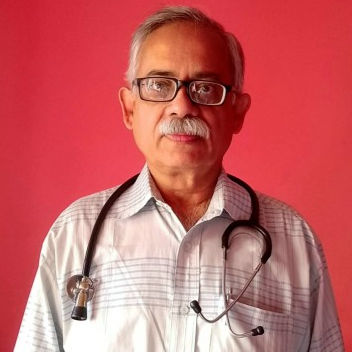
Dr. Pinaki Mukhopadhyay
General Physician/ Internal Medicine Specialist
32 Years • MBBS
Kolkata
MCR SUPER SPECIALITY POLY CLINIC & PATHOLOGY, Kolkata
(25+ Patients)

Dr. Rajesh R
General Practitioner
24 Years • MBBS
Bengaluru
Maruti Polyclinic and dental care, Bengaluru
More articles from Liver disease
Frequently Asked Questions
1. What are the first signs of a fatty liver?
The early signs of fatty liver disease are often silent. When symptoms do appear, they typically include persistent fatigue, weakness, and mild discomfort or a feeling of fullness in the upper right abdomen. Since these are vague, diagnosis often comes from routine blood tests showing elevated liver enzymes.
2. Can you feel pain in your liver?
Yes, but the pain is usually a dull, throbbing ache or a sensation of pressure in the upper right quadrant of your abdomen, just below your ribs. Sharp, stabbing pain is less common. If you experience persistent pain in this area, it's important to get it checked out.
3. How can I check my liver health at home?
While you can't run medical tests at home, you can monitor for physical signs like yellowing of the skin or eyes (jaundice), dark urine, pale stools, unexplained itching, or abdominal swelling. The most reliable way to check liver health is through a blood test. You can easily book a Liver Function Test (LFT) with home collection through Apollo24|7.
4. What are the best foods to repair your liver?
Foods rich in antioxidants and nutrients are excellent for liver repair. Focus on coffee (in moderation), leafy greens, fatty fish like salmon, nuts (especially walnuts), olive oil, and berries. These foods help reduce inflammation and support the liver's natural detoxification processes.
5. Is liver damage reversible?
It depends on the extent and type of damage. In early stages, such as with fatty liver disease, the damage is often completely reversible with lifestyle changes like diet, exercise, and avoiding alcohol. However, late-stage scarring (cirrhosis) is generally permanent, though further damage can be prevented. Early action is critical.

